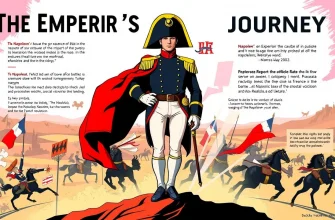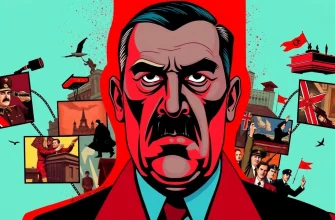Adolf Hitler remains one of the most studied and controversial figures in history. This curated list of biopic films delves into various aspects of his life, from his early years to his ultimate downfall. These films provide not only a historical perspective but also a psychological and political analysis of Hitler's impact on the world. Each film offers a different lens through which to view this complex character, making them invaluable for anyone interested in understanding the dynamics of power, propaganda, and the human psyche.
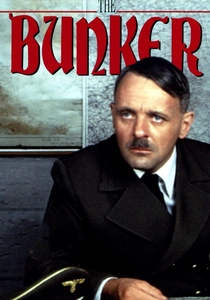
The Bunker (1981)
Description: Another film depicting the final days in Hitler's bunker, this one focuses on the internal dynamics and the psychological breakdown of Hitler and his inner circle.
Fact: Anthony Hopkins' portrayal of Hitler was noted for its chilling accuracy, and the film was based on the book by James P. O'Donnell.
 30 Days Free
30 Days Free

Hitler's SS: Portrait in Evil (1985)
Description: While not solely about Hitler, this film explores the SS's role in the Nazi regime, with Hitler's influence being a central theme.
Fact: The film features a large ensemble cast, including John Shea as Karl Hoffmann, a fictional SS officer.
 30 Days Free
30 Days Free
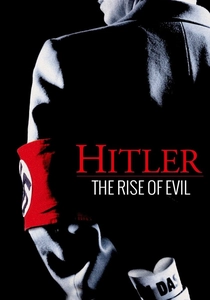
Hitler: The Rise of Evil (2003)
Description: This miniseries traces Hitler's early life, his rise to power, and the establishment of the Nazi regime, providing a comprehensive look at his formative years.
Fact: Robert Carlyle's performance as Hitler was critically acclaimed, and the series was praised for its historical accuracy.
 30 Days Free
30 Days Free
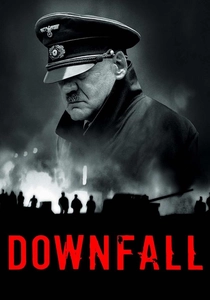
Downfall (2004)
Description: This film focuses on the last days of Hitler in his Berlin bunker, offering a detailed portrayal of his mental state and the chaos around him as the Third Reich crumbles.
Fact: The film was controversial for its portrayal of Hitler as a human being, leading to debates about the ethics of humanizing such a figure.
 30 Days Free
30 Days Free

Max (2002)
Description: This film imagines a fictional friendship between Hitler and a Jewish art dealer, exploring themes of art, politics, and the seeds of hatred.
Fact: The film was controversial for its speculative nature but was praised for its artistic approach to historical fiction.
 30 Days Free
30 Days Free

The Young Hitler I Knew (1982)
Description: Based on the memoirs of August Kubizek, this film provides insight into Hitler's youth and his early ideological development.
Fact: The film was one of the first to explore Hitler's early life in depth, offering a rare perspective on his formative years.
 30 Days Free
30 Days Free

The Last Ten Days (1955)
Description: This film covers the final days of Hitler's life, focusing on his relationships and the atmosphere in the bunker.
Fact: It was one of the earliest films to depict Hitler's last days, and it was based on the diary of Traudl Junge, Hitler's secretary.
 30 Days Free
30 Days Free

The Rise and Fall of Adolf Hitler (1961)
Description: This documentary-style film provides an overview of Hitler's life, from his birth to his death, using archival footage and interviews.
Fact: It was one of the first comprehensive documentaries on Hitler, offering a broad historical context.
 30 Days Free
30 Days Free

The Führer's Last Days (1973)
Description: Focused on the final days of the Third Reich, this film examines Hitler's mental and physical decline.
Fact: The film was noted for its use of real locations in Berlin, adding authenticity to the setting.
 30 Days Free
30 Days Free

Hitler: A Film from Germany (1977)
Description: An experimental film that uses a mix of documentary and fictional elements to explore Hitler's life and legacy, challenging viewers to reflect on history and memory.
Fact: Directed by Hans-Jürgen Syberberg, the film is known for its avant-garde style and its length, running over seven hours.
 30 Days Free
30 Days Free



